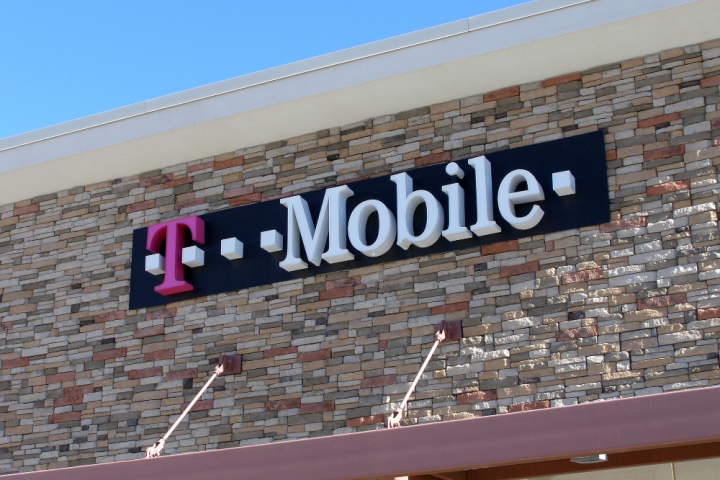
T-Mobile has announced a new pilot effort to bring an unlimited wireless LTE home internet service to up to 50,000 homes across the United States by the end of 2019. The program is currently on an invitation-only basis and will primarily serve rural areas where typical broadband internet is limited.
Priced at $50 per month, the new T-Mobile Home Internet pilot will offer its customers LTE speeds of around 50 Mbps per second, without any data caps. At launch, it only will reach roughly .04 percent of all United States households. However, T-Mobile claims that once its pending merger with Sprint is approved, speeds can hit the 5G spectrum of 100 Mbps by the year 2024. The savings can also be substantial, as T-Mobile says that consumers typically pay $80 per month for in-home broadband services — or $960 per year. There is even the potential for the service to eventually reach more than 9.5 million households (and half of U.S. zip codes) by 2024.
T-Mobile is not currently identifying which specific markets this service will be hitting. Invitations will be sent to qualifying customers via email or snail mail. The service will also not require a contract and will depend on the use of an LTE router — which customers will not have to pay for. The concern of reduced internet speeds still exists, however. Citing the LTE network and spectrum capacity constraints, T-Mobile notes that “home internet customers may notice speeds lower than other customers due to data prioritization.”
“Two weeks ago, I laid out our plans for home broadband with the New T-Mobile. Now, we’re already hard at work building toward that future. We’re walking the walk and laying the foundation for a world where we can take the fight to Big Cable on behalf of consumers and offer real choice, competition, and savings to Americans nationwide,” said John Legere, CEO of T-Mobile.
The announcement of this service comes as T-Mobile’s merger with Sprint is still pending. The merger is subject to approval by the Federal Communications Commission, which is already pushing to bring broadband to rural areas of the United States. Other technology companies such as Microsoft have already pushed for programs to help more Americans get online.


